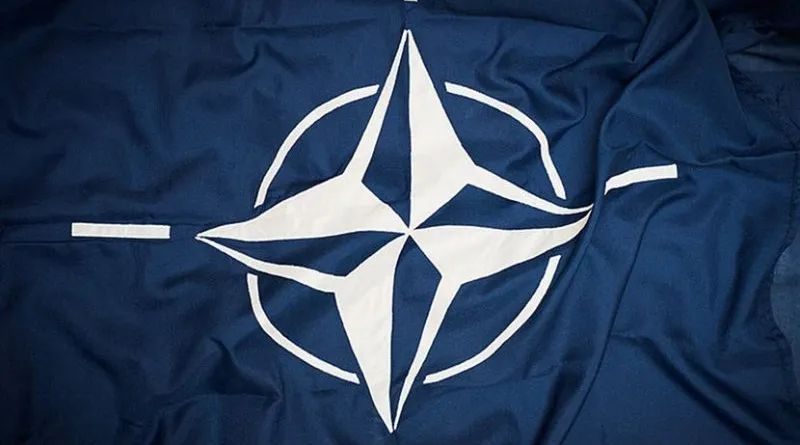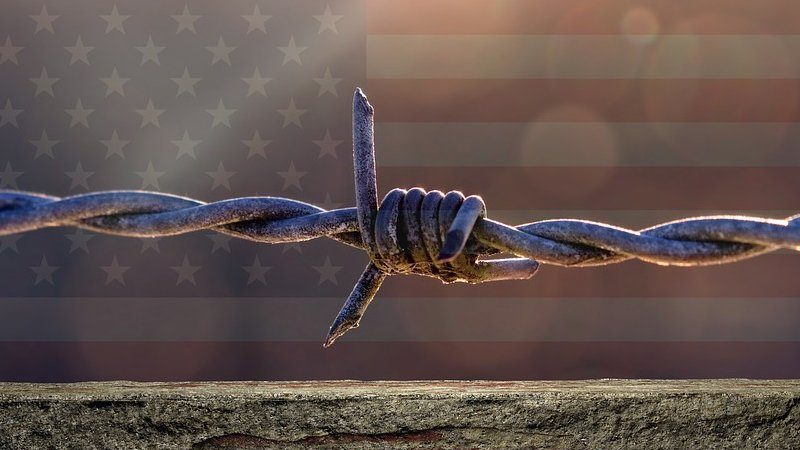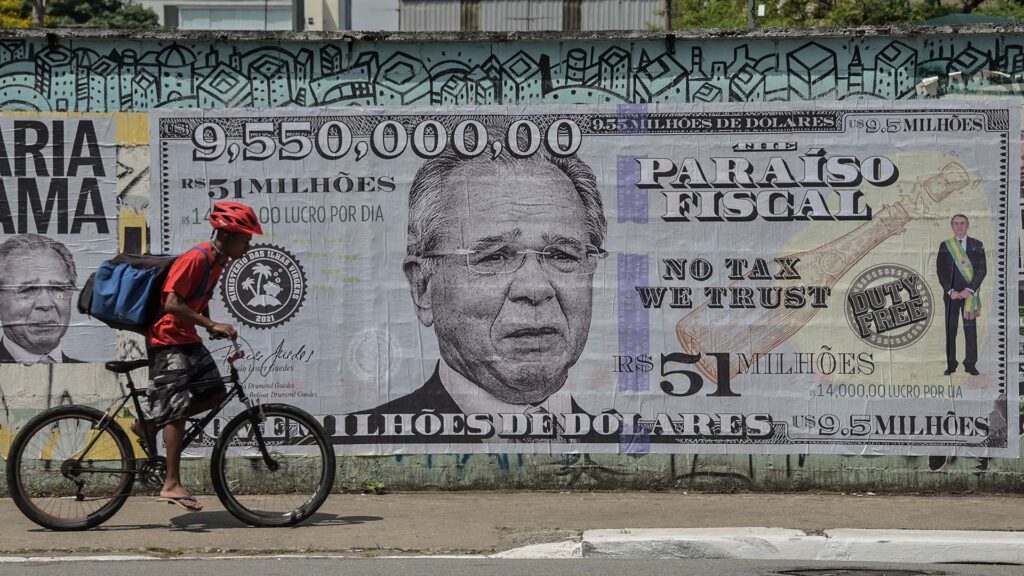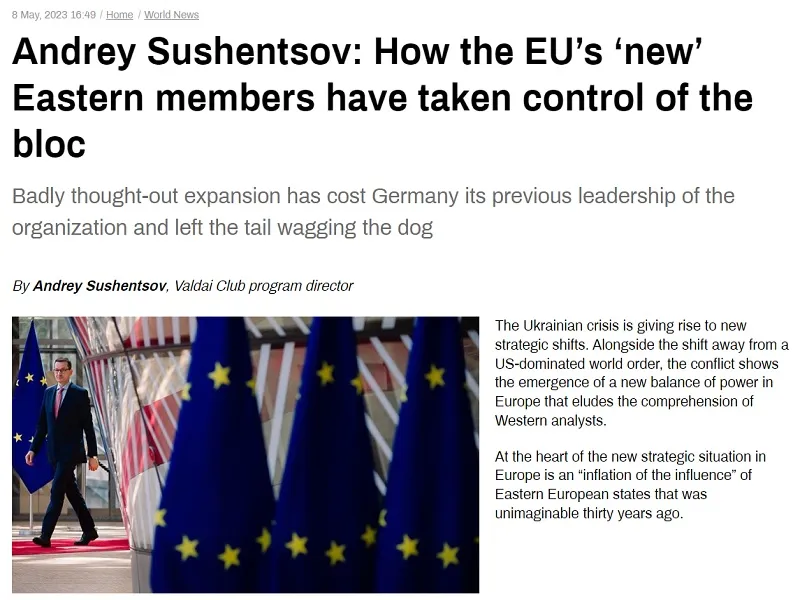NATO Needs Results If 75th Anniversary Summit Is To Be A Success – Analysis

It has now been more than 100 days since the leaders of NATO gathered in June for a major summit in Vilnius, Lithuania. With the war raging in Ukraine, this summit came at a crucial time for European security. Next year’s summit in Washington is symbolically important because it marks the 75th anniversary of NATO’s founding. To make sure that the next summit is a success, a lot of progress has to be made on some key issues. One hundred days on from the last summit, a lot of work remains to be done.







